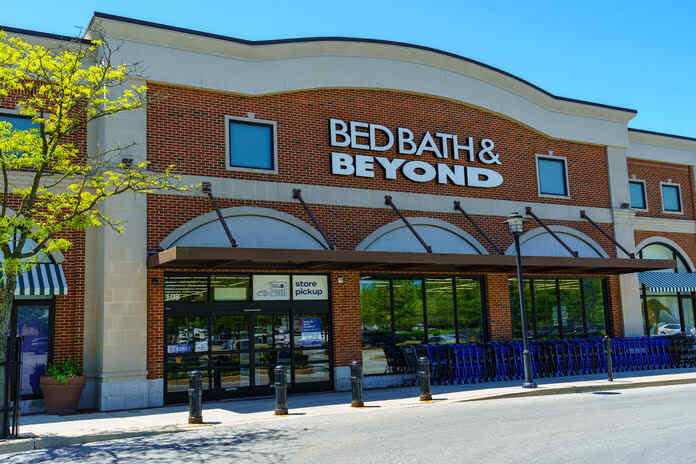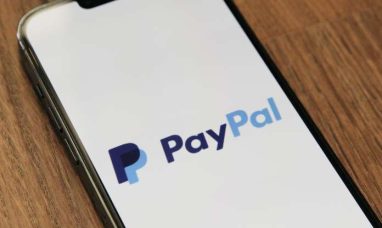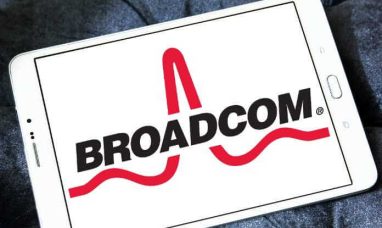BBBY Stock (NASDAQ:BBBY)
Bed Bath & Beyond Inc. (NASDAQ:BBBY) shares plunged below $1 on Monday, marking a 30-year low for BBBY stock price, following the struggling home goods retailer’s announcement that it planned to hold a special meeting in which shareholders would vote on whether or not to approve the company’s board’s decision to carry out a reverse stock split.
With the consent of the company’s shareholders, the certificate of incorporation for Bed Bath & Beyond would be amended to allow for “a reverse stock split of the company’s common shares,” at a ratio that would fall somewhere between 1 for 5 and 1 for 10. The retailer’s board of directors will decide the proportions of the split when it comes time to do so.
According to the statement made by the corporation, the time and venue of the meeting will be revealed at a later date.
After Bed Bath & Beyond announced on Friday that it will be seeking shareholder permission for a reverse stock split, the shares of the ailing company dropped by 13% in trading that continued into the evening.
The firm intends to call a special meeting on March 27 to decide the split at a ratio that falls somewhere in the range of 1-for-5 to 1-for-10, with the board of directors making the ultimate decision regarding the ratio.
On a methodology that took into account stock splits, the price of BBBY stock was on track to reach levels not seen since July 1992, which was one month after the business went public. It has lost 62.0% of its value over the past three months, whilst the S&P 500 index has gained 2.5% during the same time period.
The announcement comes less than two weeks after it was made public that the company would be withdrawn from the small-cap S&P 600 index. This followed a drop of about sixty percent in the stock price during the course of this year as the retailer strives to avoid filing for bankruptcy.
Bed Bath & Beyond stated in a regulatory filing that “the board believes that the reverse stock split will likely result in a higher per-share trading price,” which is intended to generate greater investor interest in the company. This was stated in reference to the company’s intention to increase investor interest in the company.
The company will be able to continue to restore its liquidity, which will allow it to execute its turnaround plans and better position itself financially, according to Sue Gove, the CEO of the company.
“Our proposal for a reverse stock split will enable us to continue rebuilding liquidity to execute our turnaround plans and better position the Company financially,” said Sue Gove, the chief executive of Bed Bath & Beyond, in a statement released late on Friday. The statement was made in reference to the company’s plan to propose a stock split in the opposite direction.
In Monday’s premarket trade, the stock BBBY, -18.76%, which was formerly considered a “meme,” fell by 13.6%.
The company has stated that the reverse stock split will “not have any effect” on its value or the proportional ownership of its shareholders, and it has also stated that it reserves the right to “revoke the proposal and cancel the special meeting at any time if it determines that the reverse stock split is no longer in the best interests of the Company and its shareholders.”
Companies that announce plans to implement reverse stock splits frequently see a decline in the price of their shares. This is because the move is typically reserved for businesses that are concerned that their stock price could fall below levels that are required to maintain listing requirements, or that their stock price has already fallen below those levels. A reverse split of 1 for 5 would have the effect of increasing the price of the stock by a factor of 5. Learn more about stock splits in the opposite direction.
A minimum bid price of $1 is one of the prerequisites for a stock to be listed on the Nasdaq exchange, which is the exchange where Bed Bath & Beyond’s stock is currently listed.
It has only been a couple of weeks since the retailer announced that it had received gross proceeds of $135 million from the exercising of preferred stock warrants that were issued as part of a public equity offering. This was the event that prompted a KeyBanc Capital analyst to refer to it as one of the “most unusual financing situations” they had seen in more than 20 years. The company’s plan for a reverse split comes as a result of this development.
In February, the business announced that it intended to make a public offering of preferred shares and warrants in order to raise around one billion dollars. Of the whole amount that was intended to be raised, 360 million dollars have been collected thus far.
Bed Bath & Beyond rose to fame in the 1990s as a go-to shopping destination for couples building wedding registries and planning for new babies, but the company has seen demand decrease as a result of the failure of its merchandising strategy to sell more store-branded products.
Featured Image: Megapixl @ Georgesheldon















